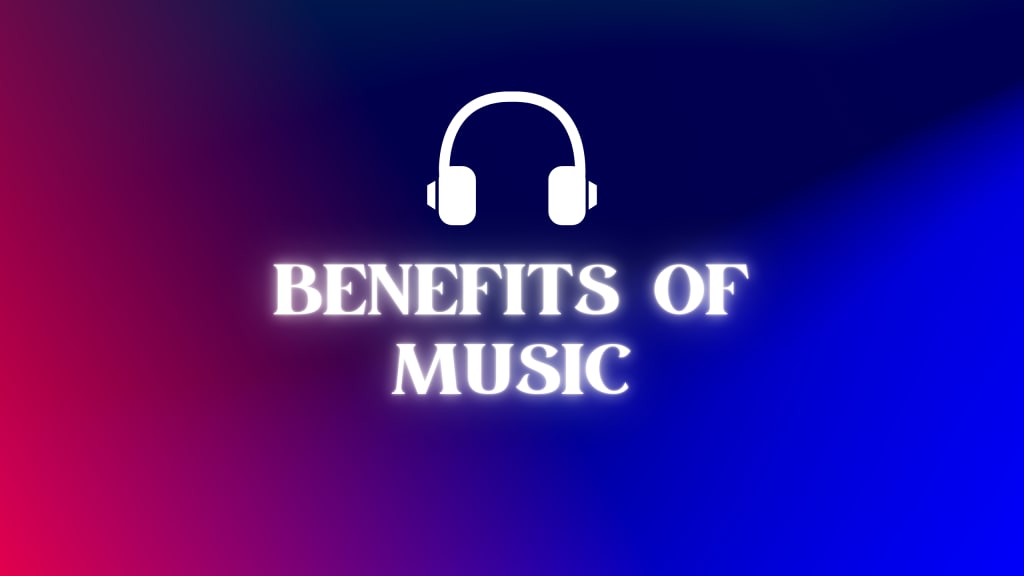Advantages of music
Music can help people feel better, lessen pain and anxiety, and give people more opportunities to express their emotions. There are numerous ways that music can improve our mental and physical health, according to research. Our hospice and palliative care board-certified music therapist uses music therapy to improve conventional treatment for a wide range of illnesses and disease processes, including anxiety, depression, and stress, as well as pain management and improved function after degenerative neurological disorders.

Music can help people feel better, lessen pain and anxiety, and give people more opportunities to express their emotions. There are numerous ways that music can improve our mental and physical health, according to research. Our hospice and palliative care board-certified music therapist uses music therapy to improve conventional treatment for a wide range of illnesses and disease processes, including anxiety, depression, and stress, as well as pain management and improved function after degenerative neurological disorders.
It's heart-friendly. According to exploration, harkening to music makes it easier for blood to inflow. It can also lower blood pressure, decelerate the heart rate, lower cortisol( the stress hormone), and raise blood situations of endorphins and serotonin.
It improves mood. The brain's product of the dopamine hormone can be boosted by music. Anxiety and depression are lessened by this increased product of dopamine. The amygdala, the part of the brain responsible for mood and feelings, directly processes music.
It eases anxiety. By driving biochemical stress reducers, harkening to music has been shown to palliate stress. It alleviates depression symptoms. Like exercise, harkening to music can help you get back on your bases when you are feeling down.
It brings back recollections. Music remedy has been shown to palliate some of the symptoms of madness and Alzheimer's complaint, but there's no given cure. Music remedy can calm an agitated case, elevate their mood, and grease open communication.
It oversees torment. Music remedy can help manage pain by lowering stress situations and furnishing a strong encouragement that competes with the pain signals that enter the brain.
It soothes pain. In particular in senior care, ferocious care, and palliative drug, music can significantly reduce pain perception. It aids in weight loss. During a mess, darkening the lights and playing soft music in the background can help people eat more sluggishly and consume lower food in one sitting.
It makes exercises last longer. Paying attention to those top exercise tracks can help factual prosecution and proliferation perseverance during an extreme exertion meeting.
Reduced Pain
Music was found to be beneficial for fibromyalgia patients in a 2014 study. According to the study, the patient's choice of soothing music "significantly reduced pain and increased functional mobility." Opioids, the body's natural painkillers, are triggered when people listen to music, leading researchers to believe that music reduces pain. According to a 2013 study, people who were given the opioid-blocking drug Naltrexone felt less pleasure when they were listening to their favorite song. This suggests that music causes the release of opioids that help with pain.
Stress reduction
Relaxing music can help relieve stress by lowering cortisol levels, the stress-relieving hormone, depending on the type of music you listen to.
Music has been linked to less stress in pediatric emergency room patients, according to a 2013 study. According to the American Psychological Association, "patients who listened to relaxing music while getting an IV inserted reported significantly less pain, and some displayed significantly less distress, compared with patients who did not listen to music" in the trial with 42 children ranging in age from 3 to 11.
Memory
Since the early 20th century, when the first studies were conducted, more and more studies have been conducted that link music to memory recall. Certain kinds of music can instantly transport you back in time decades. We cited the documentary Alive Inside in a previous blog post we wrote titled "Studies Prove Music Boosts Brain Activity in Alzheimer's Patients." In that post, we discussed how music helped patients with memory loss wake up. "Music evokes emotion, and emotion can bring with it memory," noted neurosurgeon Oliver Sacks. In a way that nothing else can, it brings life back. In a 2014 study, 89 dementia patients and their caregivers were randomly assigned to either regular care, a 10-week music listening coaching group, or a 10-week singing coaching group.
That's what the outcomes showed "contrasted and regular consideration, both singing and music listening further developed mind-set, direction, and far off verbose memory and less significantly, additionally consideration and leader capability and general insight. Singing also improved caregiver well-being and short-term and working memory, while listening to music improved quality of life.
Stroke, seizure, or brain injury
It has been reported that people with epilepsy have smarts that respond else to music than people without epilepsy. Before a seizure, people with epilepsy attend. still, according to Christine of The Ohio State University Wexner Medical Center," in our study, cases with epilepsy accompanied to the music without having a harkening to the music, numerous cases reported that they felt relaxed," and she went on to explain that stress causes seizures.
According to a 2008 study, stroke cases' recovery bettered when they heeded to music in the early stages of their recovery. the study's author, suggested that cases begin harkening to music incontinently following a stroke due to the fact that numerous changes do during the original weeks and months of recovery. we set up that in music listeners, verbal memory bettered by 60 from the first week post-stroke three months after the stroke." lyrical Accentuation remedy, a music- grounded treatment, was developed in 1973 to prop stroke survivors and aphasics in recovering communication.
The remedy aims to restate singing into speech. As per disquisition and Trust, despite the fact that these cases can not talk," they are constantly ready to sing, now and again with analogous familiarity and simplicity they had before the morning of sickness."
Making music "Prepares the Brain for Learning"
The brain continually modifies its neural circuitry in accordance with the fundamental principles of neuroplasticity to encode new experiences and support behavioral changes that direct learning in both healthy and damaged brains (Table 2). These tenets highlight the fact that brain plasticity can be moderated by both early music training and its accumulation.
This brings up an issue about the soundness of preparing prompted changes in the cerebrum, and whether continuous music preparing is expected to keep up with such changes. For instance, if music training were discontinued shortly after, would significant brain structure changes caused by early training persist? Adults' brains can undergo structural changes within one week of training on a complex motor task, such as juggling, but return to baseline without ongoing training, according to studies conducted outside of the music field22.
These studies also suggest that neuroplasticity is induced by learning the task rather than by maintaining it or practicing it regularly.





Comments
There are no comments for this story
Be the first to respond and start the conversation.